New Delhi, Feb 17, 2025: IBM and the Janaagraha Centre for Citizenship and Democracy, a nonprofit organization working with citizens and governments on technology, urban governance, and public policy projects, will collaborate to build a city data and analytics platform. By consolidating city-level data, the platform will be designed to enable data-based decision making for informed interventions by governments in India that aim to improve quality of life for urban populations, such as by improving service delivery and fostering sustainable urban development.
By spatializing data and including environmental and socioeconomic data, the platform will aim to strengthen place-based governance. By standardizing data, the platform will also support data transparency and interoperability, as well as solution adoption.
Over the next three decades, the world is projected to continue to urbanize. The share of people living in urban areas will increase from 56 per cent (2021) to 68 per cent by 2050, according to UN Habitat. While urbanization poses a range of challenges for city governments, services, and communities to overcome, the growth of urban populations and urban areas also reveals an opportune moment to accelerate social innovation and uplift urban economies.
Tailored tech solutions, offering highly curated insights, can be leveraged to help deploy the right resources in the right places. That’s a call to action that the power of AI and data can help to catalyze.
At the beginning of 2024, and in alignment with United Nations Sustainable Development Goal 11, IBM launched a request for proposals (RFP) for projects that aim to make cities safer, more resilient and more sustainable. Today, out of more than 100 applications, five new organizations, including Janaagraha Centre for Citizenship and Democracy, have been selected to join the IBM Sustainability Accelerator and collaborate with IBM experts on AI solutions to address key challenges for — and with — the communities they support. Participants were selected for their significant level of support to the communities they serve, as well as the innovative ways each organization plans to leverage AI technology to build more resilient cities.
The IBM Sustainability Accelerator is a social innovation program that applies IBM technologies, such as hybrid cloud and AI, and an ecosystem of experts to enhance and scale non-profit and government organization initiatives, accelerating economic impact. Projects are executed in two phases, starting with the IBM Garage, IBM’s proven methodology for accelerating digital transformation and delivering meaningful, measurable, outcomes. Next, during the Development and Implementation phase, IBM experts will configure IBM resources and technology to help participants meet their goals.
As part of this IBM Sustainability Accelerator cohort, EY teams will provide general capacity building workshops and coaching to the resilient city cohort, supporting these innovative organizations on their mission to make cities more sustainable, equitable, and resilient.
To date, 20 organizations have been part of the IBM Sustainability Accelerator, and we have committed $45M until 2030 to support vulnerable populations around the world. As of last year, IBM has supported approximately 65,300 direct beneficiaries through our sustainable agriculture cohort, with approximately 1.1 million more projected to benefit from our clean energy cohort. And, we expect these resilient cities projects will benefit thousands of citizens across the world.
By harnessing the potential of AI, IBM believes in empowering people and organizations to take on some of the biggest challenges our cities face today. Together, we can build more prosperous environments where people and economies can thrive.




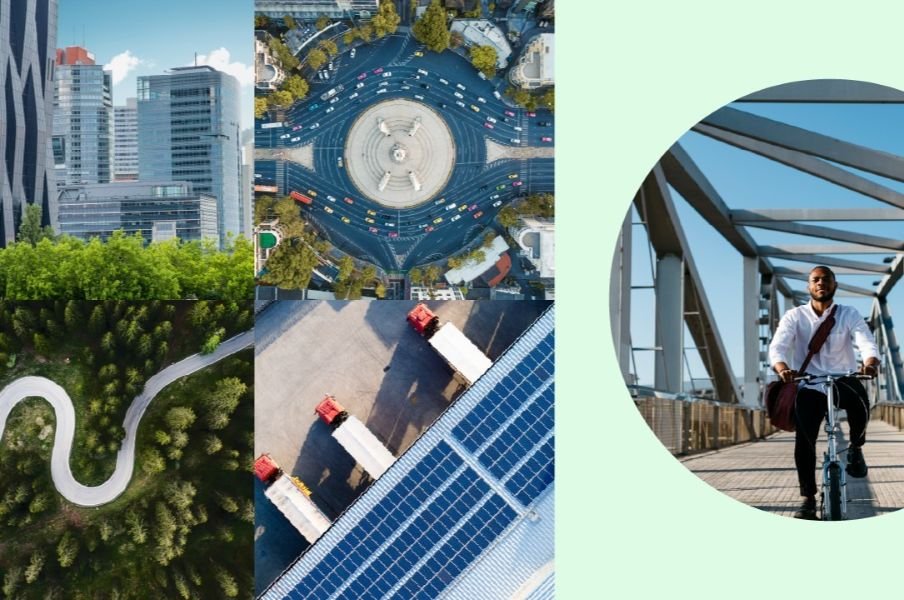

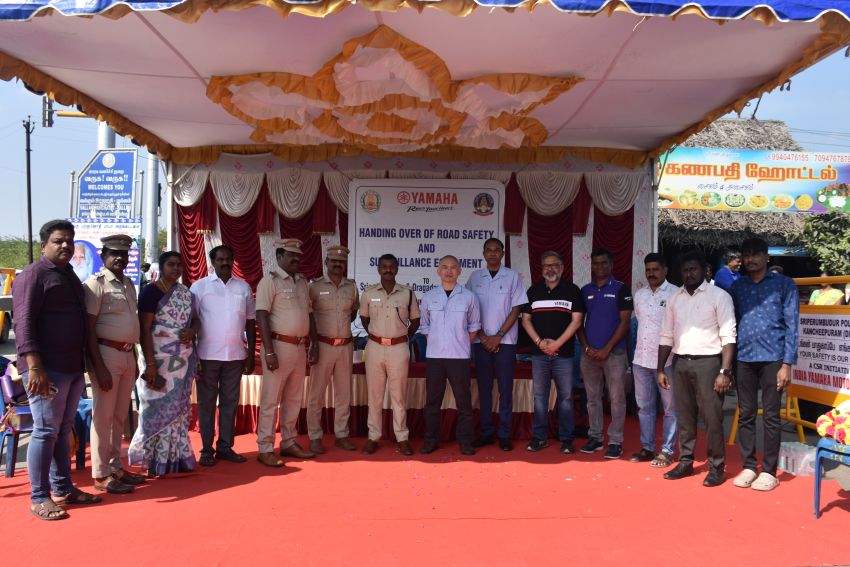

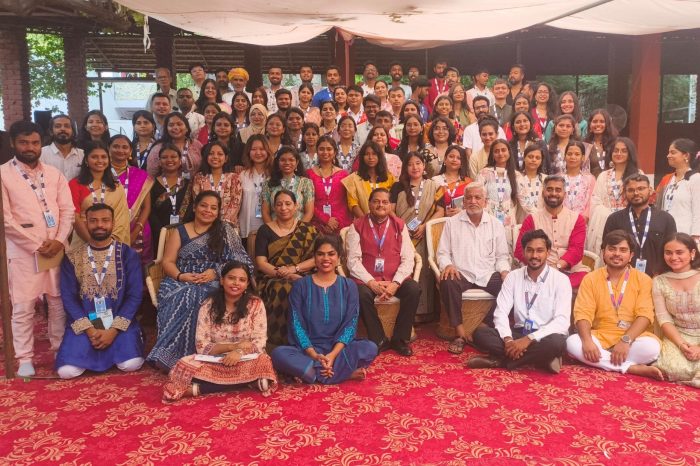


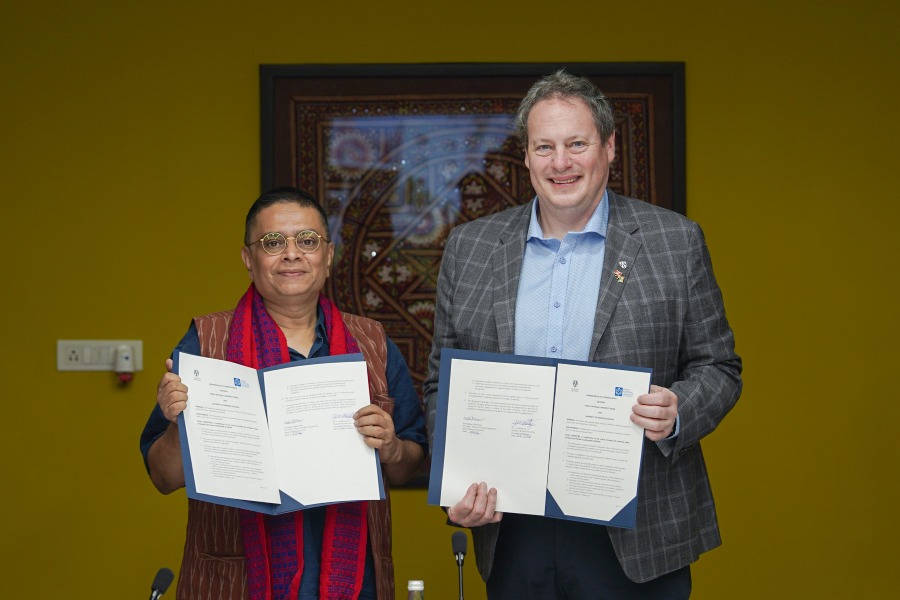
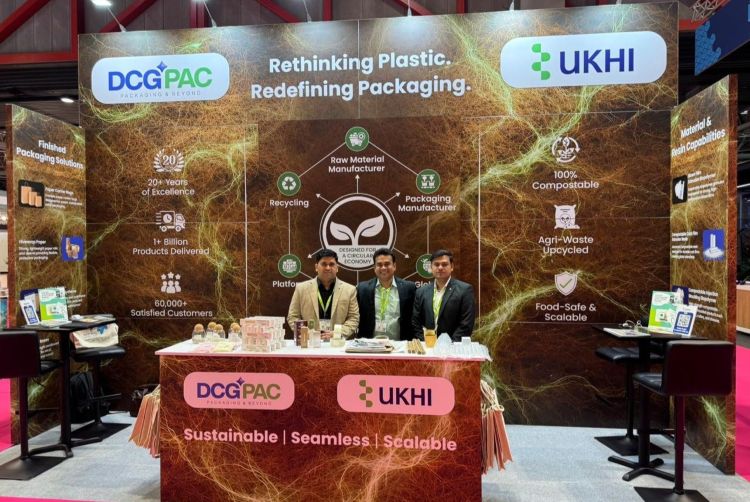



.jpg)



